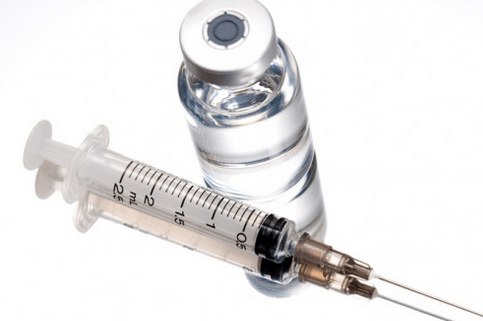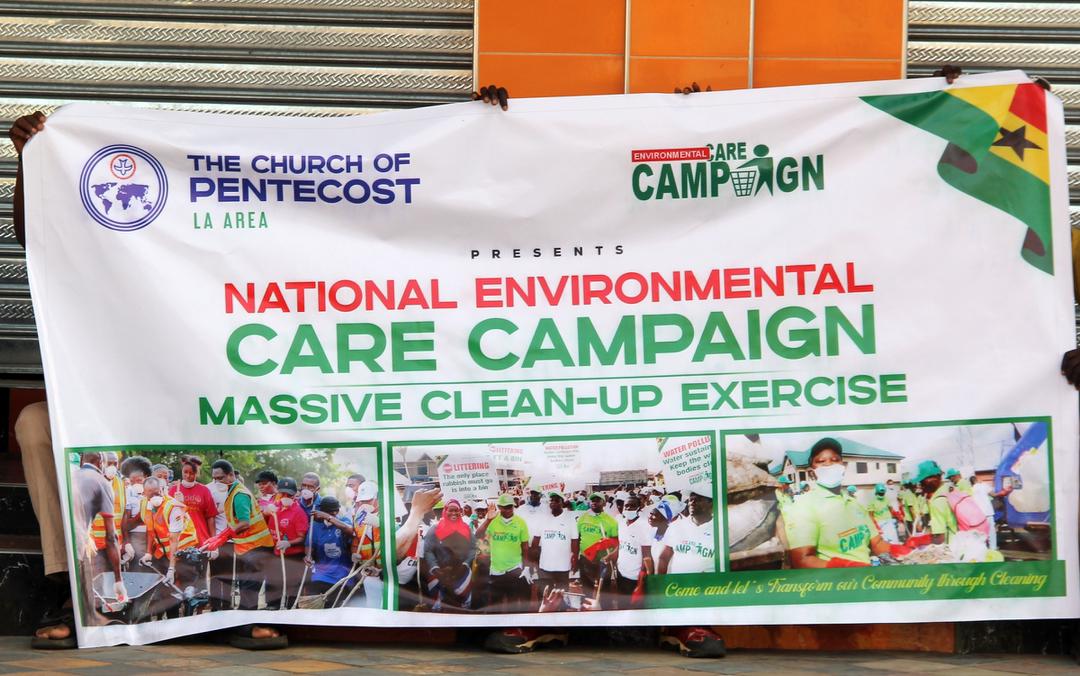
By Sarah N. BOATENG
As we strive toward achieving universal health coverage and Sustainable Development Goal 3—ensuring healthy lives and promoting well-being for all, one issue demands immediate attention: the accessibility and uptake of the human papillomavirus (HPV) vaccine in Ghana.
HPV, a leading cause of cervical cancer, affects millions of women worldwide. Cervical cancer remains one of the most preventable cancers, yet it continues to claim the lives of women across Ghana, particularly in underserved communities.
Despite its significance, HPV vaccination coverage in Ghana remains alarmingly low, with less than 20 percent of eligible girls fully vaccinated. This is a stark contrast to the World Health Organization’s (WHO) target of 90 percent by age 15 as part of its cervical cancer elimination strategy.
Barriers to access
Several challenges hinder equitable access to HPV vaccination in Ghana:
Cost: The high cost of GH¢300-400 per dose places the two-dose regimen out of reach for many families in underserved communities.
Awareness and education: Misinformation and myths, such as the belief that the vaccine promotes promiscuity, discourage uptake. Many parents and guardians lack information about HPV and its link to cervical cancer.
Cultural and religious beliefs: Deep-seated cultural norms and religious objections persist, making vaccination unacceptable in certain communities.
Infrastructure and logistics: Limited cold chain facilities, inadequate distribution networks and staffing shortages affect vaccine availability, particularly in remote areas.
Discomfort and fear: Fear of needles and poor communication by healthcare providers can deter adolescents from getting vaccinated.
Policy gaps: The absence of clear national policies on subsidies or mandatory vaccination further complicates efforts.
Recommendations
To overcome these barriers and increase HPV vaccination coverage in Ghana, the following measures are essential:
Expand awareness campaigns: Nationwide education efforts using radio, television and social media can combat misinformation and promote the benefits of vaccination.
Strengthen school-based programmes: Collaboration with the Ministry of Education to incorporate HPV vaccination into school health initiatives can ensure wider coverage of eligible girls.
Enhance accessibility: Equipping rural health facilities with cold chain infrastructure and deploying mobile clinics can improve vaccine distribution in underserved areas.
Engage communities: Collaborating with traditional leaders, religious groups and community influencers can address cultural barriers and build trust.
Train healthcare providers: Sensitising providers to deliver vaccinations empathetically and dispel myths will improve the experience for adolescents and their families.
Policy development: Introducing national policies to subsidise vaccines and integrating HPV vaccination into the national immunisation schedule will make it more accessible.
The fight against cervical cancer requires collective action. Cervical cancer is not just a health issue; it is a social and economic concern that undermines the potential of women and girls across Ghana.
The barriers to HPV vaccination may seem daunting, but they are surmountable with collective effort. As leaders, policy-makers and community stakeholders, we have an obligation to prioritize the health and future of our daughters, sisters and mothers.
Making HPV vaccination accessible, affordable and widely accepted means we are not only saving lives but also investing in a more empowered future for our nation. The time to act is now! Because every life saved is a step closer to the Ghana we all envision.
Sarah, also known as The Global Midwife, is a midwife by profession and an advocate for reproductive, maternal and child and menstrual health and hygiene. The visionary founder of Nkansahs Foundation—a non-profit dedicated to achieving SDG 3.
The post Addressing barriers to HPV vaccination appeared first on The Business & Financial Times.
Read Full Story

















Facebook
Twitter
Pinterest
Instagram
Google+
YouTube
LinkedIn
RSS